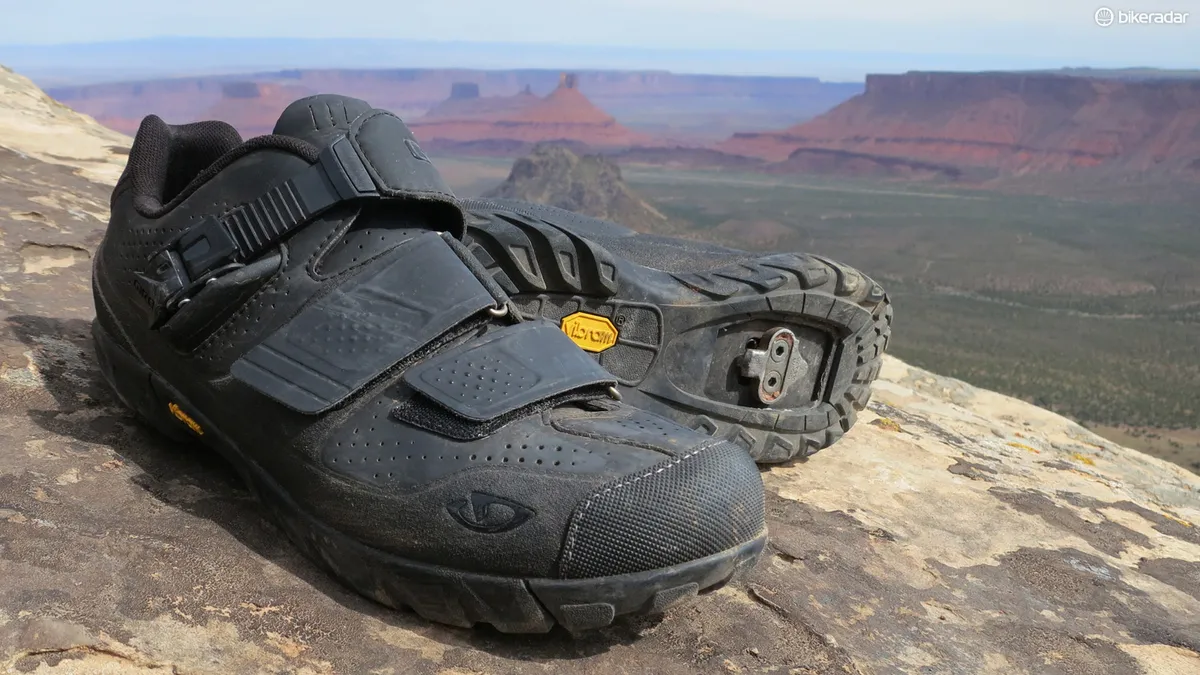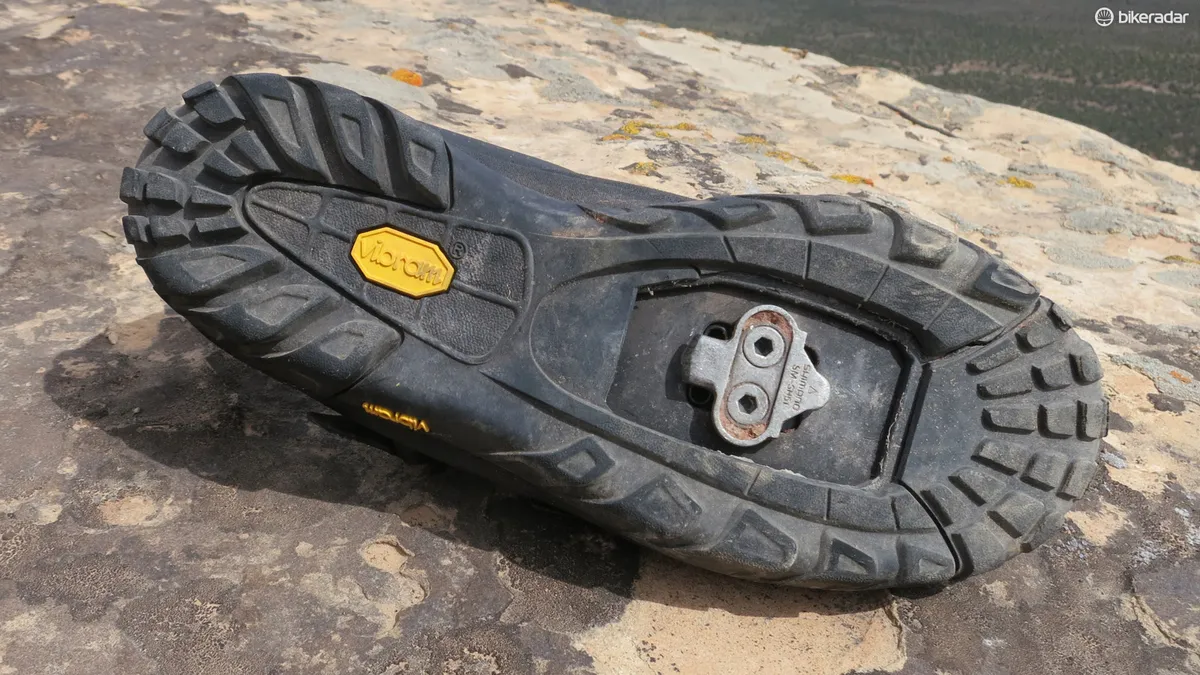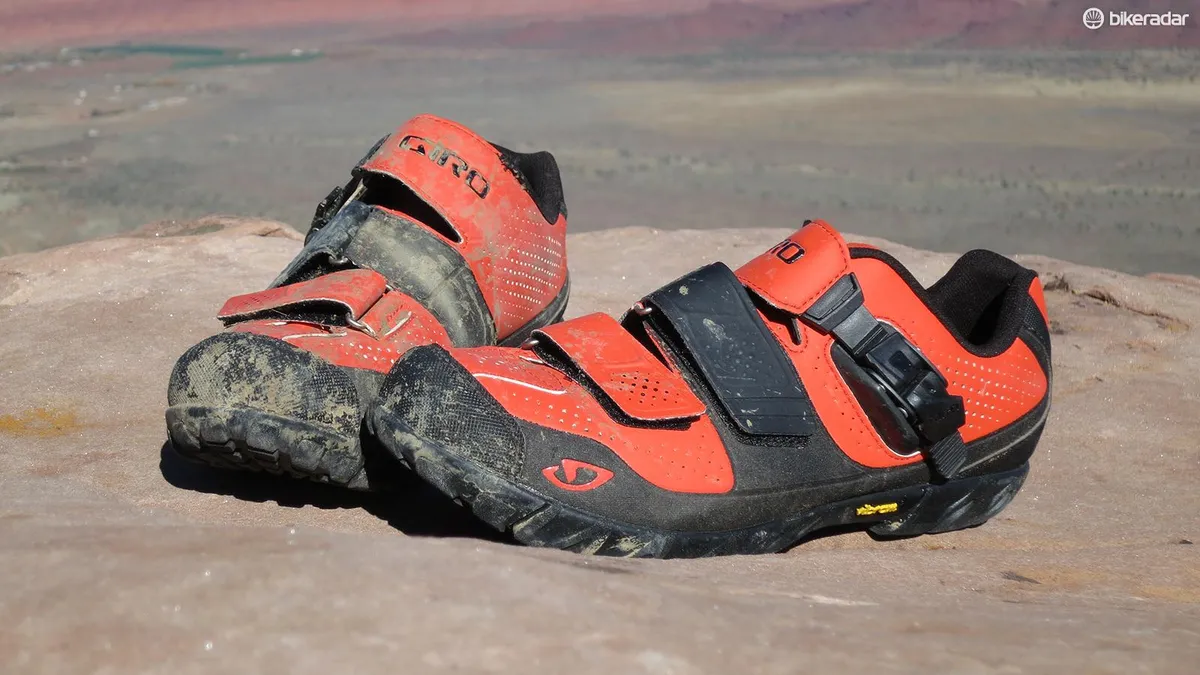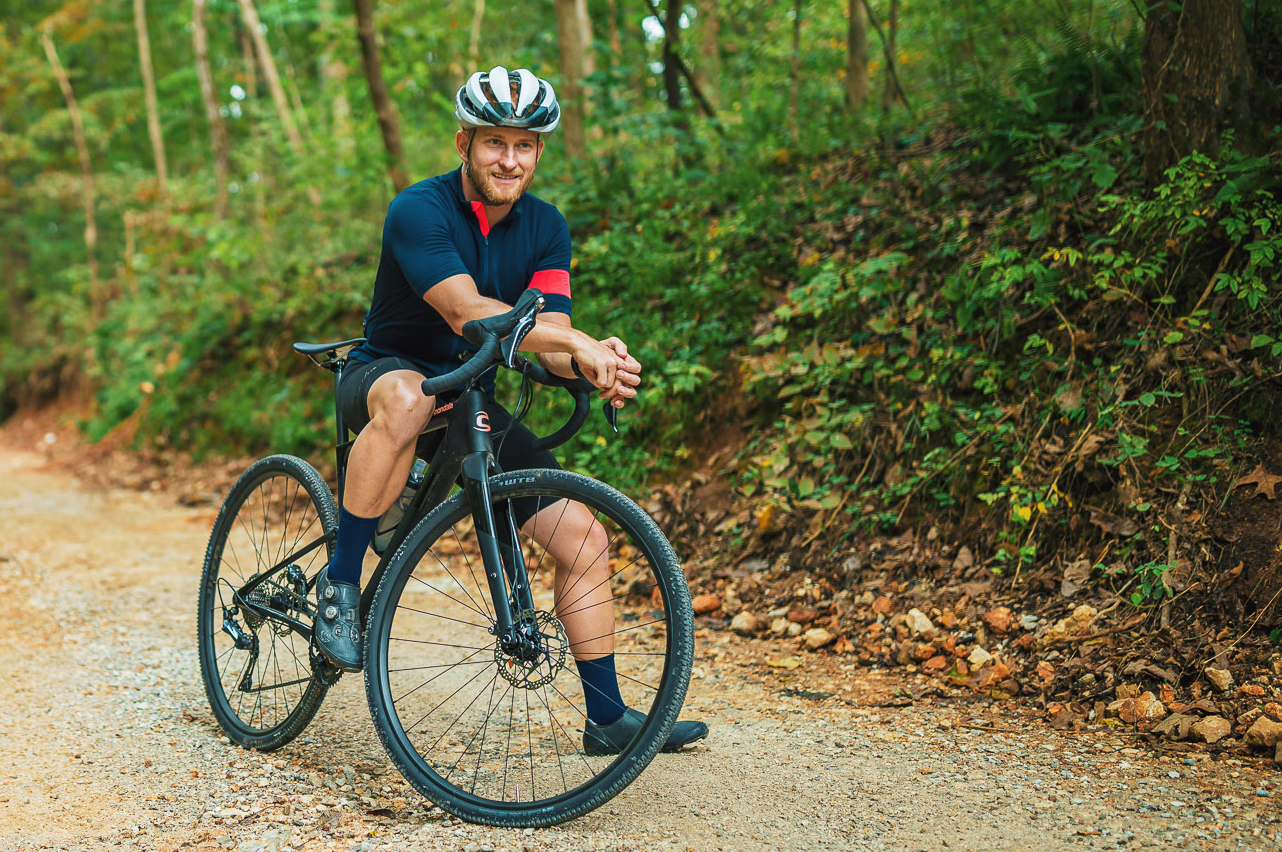Giro’s Terraduro is aimed squarely at the growing enduro race market, but you don’t have to have run a number plate on your trail bike to appreciate a shoe that balances on-the-bike performance with just enough flex to make it comfortable for the inevitable hike-a-bike sections that come with big mountain riding.
- Highs: Comfortable on and off the bike; excellent traction in most conditions
- Lows: Early versions plagued by delamination issues; not the quickest drying shoe due to a thick, padded tongue
The fit of the Terraduro is good; it’s neither notably wide nor too skinny for most. The toe box does have slightly more room than comparable Giro models such as the Code and Privateer, though not to the extent of the company’s HV (high volume) versions. There’s just enough breathing room to keep your little piggies protected when your shoe kisses a rock.
Two Velcro straps and a replaceable ratcheting buckle provide adjustments, while scuff-resistant panels on the toebox and sides have withstood numerous encounters with stubborn rocks that refused to yield the trail. The padded tongue is thick and comfortable, however it takes a long time to dry out, should you dunk your feet during creek crossings.
The Terraduro uses a nylon shank that’s stiff through the midsole and has a built in flex zone in the forefoot that makes it significantly easier to walk in than carbon-soled shoes.
The Vibram Mont rubber lugs are a welcome change from the hard plastic tread still found on too many clipless mountain bike shoes. This Vibram rubber provides ample traction when dabbing or scrambling up rocks and even holds its own on slimy roots.
The sturdy upper and Vibram rubber outsole add a bit of weight — my test pair of size 41 Terraduros weighed in at 420g — when compare to carbon-soled race slippers such as Giro’s own 315g Empire VR 90. This is an acceptable trade-off for such a well-rounded shoe.
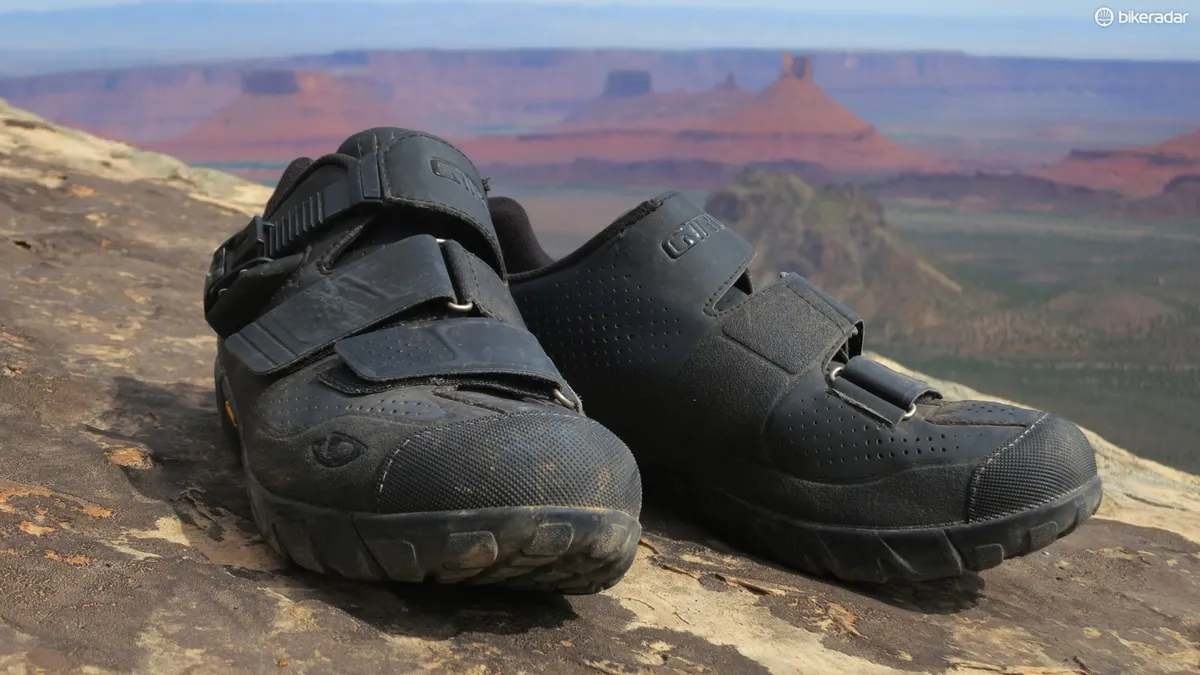
While marketed at enduro racers, I found the Terraduro to be a great option for general trail riding as well as bike-packing. I was ready to wholeheartedly recommend it as the ultimate clipless mountain bike shoe for everything short of cross-country and downhill racing, until my first pair of Terraduros met an untimely demise.
Early issues
The Terraduro was designed for the rough and tumble world to enduro racing, so it should be exceedingly durable, right? Unfortunately, during one particularly long hike-a-bike section, the rubber outsoles on both shoes began to tear and pull away from the shank. To make sure this wasn’t just an anomaly, I picked up a second pair and experienced the same issue in short order.
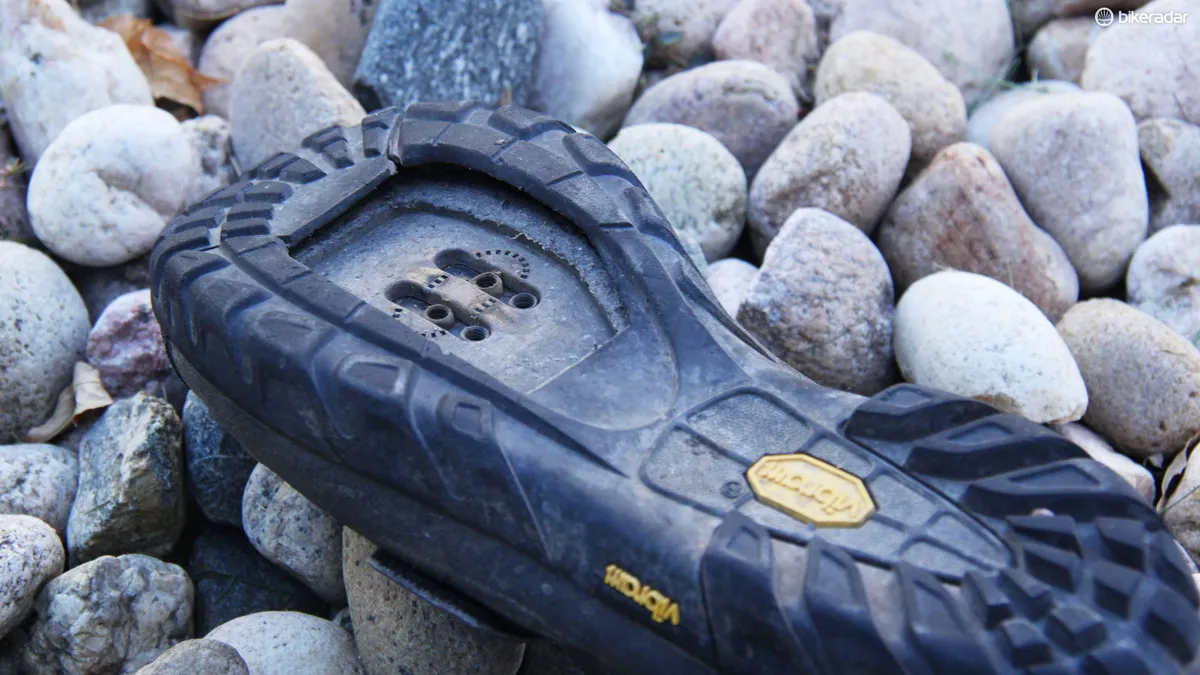
Delamination issues stopped me dead in my tracks. Giro has since fixed the problem and the replacement test shoes have held up extremely well
According to Giro shoe product manager Simon Fisher, the problem began with the first production run. The wrong combination of primer and glue was used, which resulted in poor bonding between the Vibram rubber outsole and the nylon shank, causing the tread to separate from the rest of the shoe.
This was a massive disappointment for what was shaping up to be an exceptional shoe. To Giro’s credit, the company did everything in its power to remedy the problem and take care of Terraduro owners.
“We’ve redoubled out efforts to make sure this never happens again,” said Fisher.
Giro has set up this web page to help Terraduro owners.
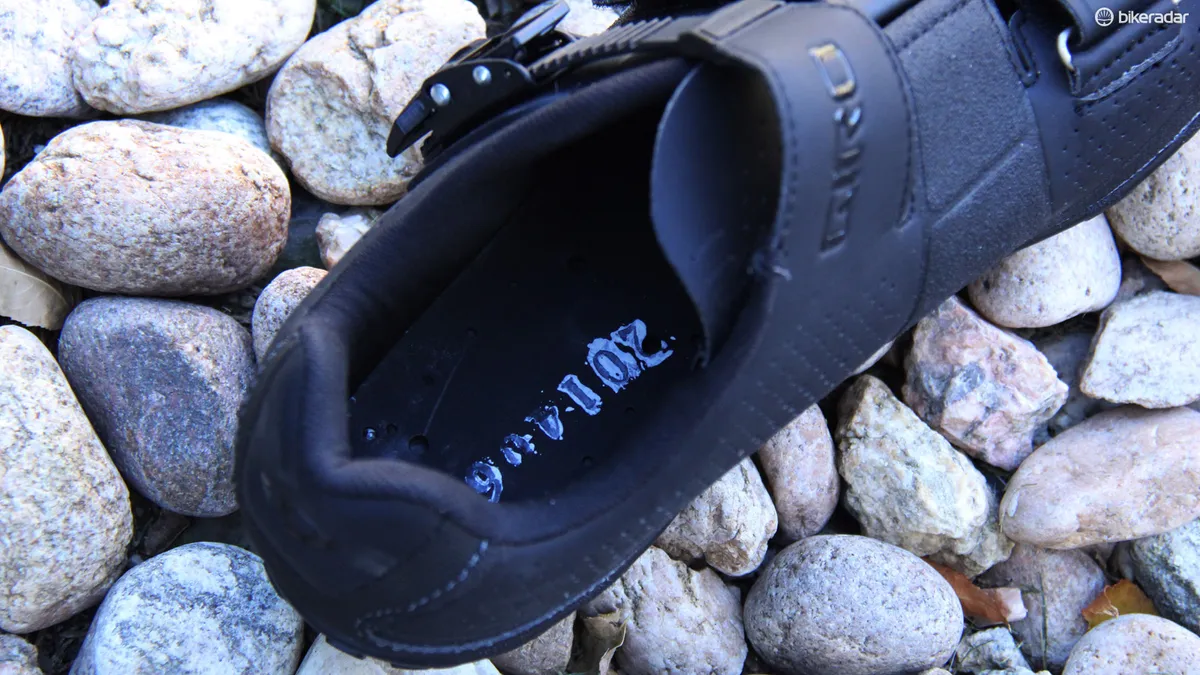
According to Giro, if there is a date code, the shoes were produced to the correct manufacturing specifications. If there is no date code, the Terraduro shoes were not properly constructed and need to be warrantied. (The shoe shown here is a replacement shoe, in for a second round of testing.)
Back on track
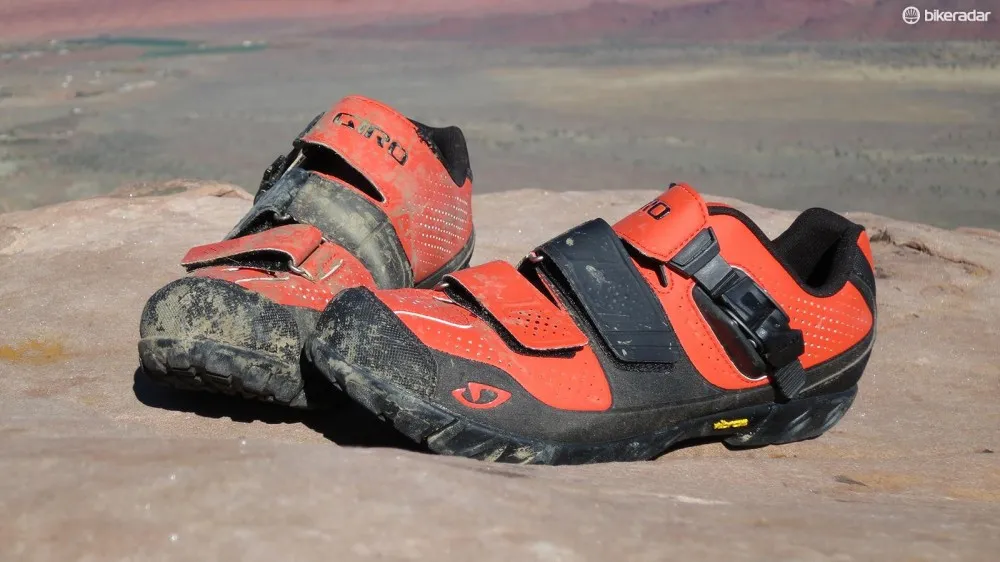
BikeRadar tested two additional pairs of Terraduros and concluded that Giro has resolved the delamination issues myself and other riders experienced with this otherwise outstanding trail shoe
Giro sent a another pair of Terraduros for test. BikeRadar purchased an additional pair just to make sure that Giro had, in fact, solved the delamination issues that plagued early production runs. I’m proud to report that after more than 250-miles of riding and hike-a-biking in two pairs of Terraduros that they have shrugged off everything I’ve thrown at them. There have been no delamination issues and they are holding up extremely well.
Now that Giro has resolved its early production problems, I feel confident stating that the Terraduro is a class-leading trail shoe. It’s the type of shoe that most mountain bikers should be wearing and, as I wrote in my 2014 Editor’s Picks, the Terraduro has been my go-to shoe for nearly every ride that doesn't involve Lycra.
Editor’s note: This is an amended review. BikeRadar initially gave the Terraduro a one-star rating due to delamination issues. Testing has proven that Giro has resolved our one — but very significant — complaint.

